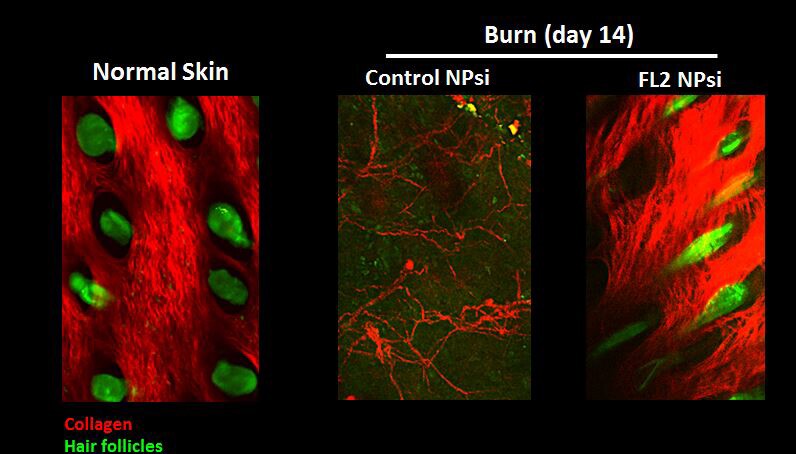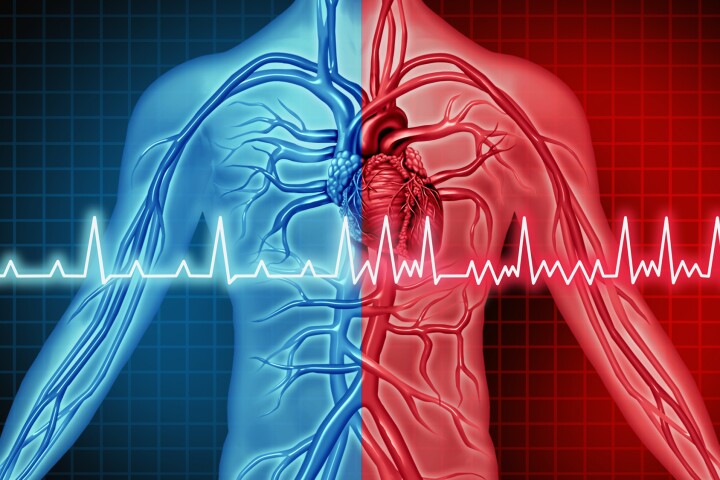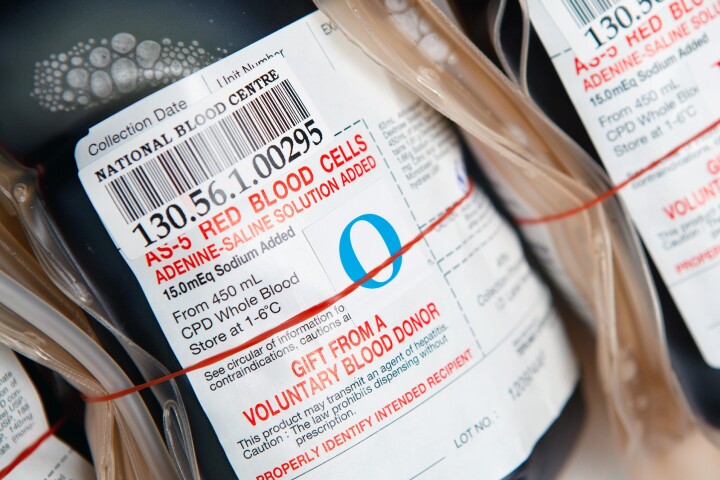An experimental nanoparticle therapy cuts in half the time wounds take to heal compared to natural healing. The therapy has already been tested successfully in mice and will soon be tried on pigs, whose skin is similar to that of humans. If it reaches clinical use in humans, this sort of nanoparticle therapy could be used to speed healing of surgical incisions, chronic skin ulcers, and everyday cuts and burns and other wounds.
Researchers have found that an enzyme called fidgetin-like 2 (FL2) slows the rate at which skin cells migrate to wounds to heal them. If this enzyme is suppressed, skin cells move faster. Molecules of silencing RNA (siRNA) that bind to a gene's messenger RNA (mRNA) have been used to inhibit the development of FL2, but this alone won't be effective, the researchers note, unless the siRNAs are placed in some kind of delivery vehicle that can protect them from degradation.
For this purpose a research team at the Albert Einstein College of Medicine of Yeshiva University has developed nanoparticles that ferry the molecules safely to their intended targets, with impressive results in mice with skin excisions or burns.

"Not only did the cells move into the wounds faster, but they knew what to do when they got there," said co-lead researcher David Sharp. "We saw normal, well-orchestrated regeneration of tissue, including hair follicles and the skin's supportive collagen network."
The technique has been patented and licensed to a company called MicroCures, Inc., where David Sharp is currently acting as a chief scientific officer.
A paper describing the research was published in the Journal of Investigative Dermatology.





